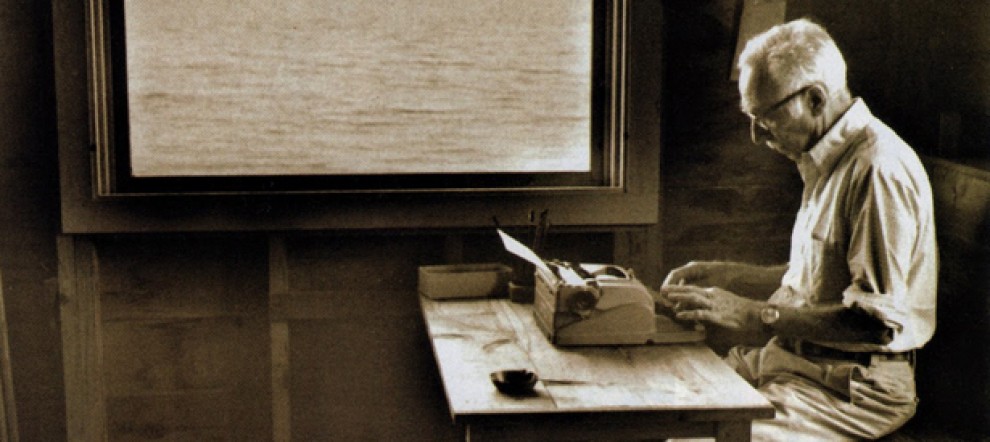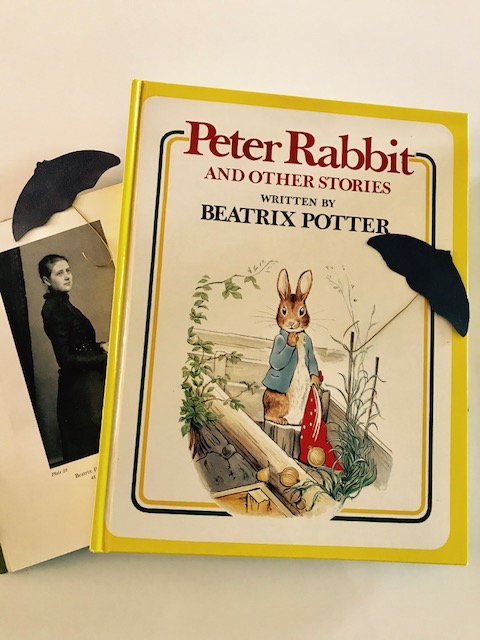I have been stuck in a serious rut with my writing lately. I love my daily activity of starting my day reading, but other than that I have no particular routine for completing my work. So I decided to research the routines of famous writers in an effort to shake things up.
I believe decision fatigue is a real thing so instead of spending hours trying to find a starting place I found this list and started at the top with Agatha Christie (1890-1976).
Despite writing 66 novels, 14 short story collections, and becoming the best-selling novelist of all time she still didn’t consider herself a writer, (early in her career anyway) instead, listing her occupation as “married lady.” What. The. Actual. Hell?!
There is no known routine that Christie followed. What I gathered from various sources is that since she did not see herself as a writer, it was…
View original post 483 more words







 Born today September 9th 1828
Born today September 9th 1828



